Qu'est ce que PolitiScales ?
PolitiScales is a political test using 8 ideological axes to help you situate yourself politically, or simply share your profile with your friends.
In total, there are 120 questions that you will be asked, and some of them may shock you. Please be aware that these questions were not written with such care.
Constructivism / Essentialism

Why are people the way they are? This axis allows you to situate yourself between two antagonistic poles answering this question.
Constructivism believe that an individual is constructed from his or her environment (particularly social), that the characteristics that make up the individual are acquired.
In contrast, essentialists assume that an individual is by nature what he or she is, and that the characteristics that make up the individual are innate.

Rehabilitative justice / Punitive justice

Proponents of rehabilitative justice believe that the role of the judiciary is to put convicts back on the "right track", by making them understand why they should not do what they have been convicted of, and by accompanying them throughout this process.
Conversely, proponents of punitive justice assume that the role of Justice is to deter, both for convicts (to avoid recidivism) and for the rest of society (by making convicts examples not to follow).

Progressivism / Conservatism

Progressives seek social progress, to improve society, without regard to tradition. They often believe that the present era is better than those of the past, and that it is necessary to continue in this direction.
Conversely, the conservatives seek to maintain the status quo, or even to re-establish certain established values deemed to have disappeared or to be in decline. Traditions, including religious heritage, are emphasised as a source of wisdom.

Internationalism / Nationalism

Internationalism is a collection of heterogeneous ideas which have in common that countries and their inhabitants should not be ranked in order of importance, and that their cooperation should be promoted as much as possible. Pushed to its maximum, the ultimate goal of internationalism is the abolition of borders.
Conversely, nationalism is a collection of heterogeneous ideas having in common that it privileges the country and the inhabitants in which it applies over others, and legitimises the existence of one nation per people.

Communism / Capitalism

Communism is a very broad political doctrine. In this test, a preponderance for communism simply means that you support public ownership of the means of production.
Capitalism is also a very ambivalent concept. In this test, a preponderance for capitalism simply means that you are in favour of private ownership of the means of production.
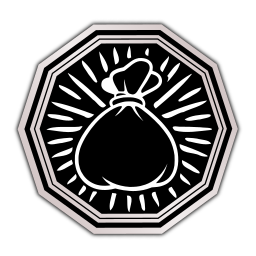
Regulationism / Let it happen

This axis represents the attitude that a state should have in a market economy where a significant part of the means of production are private. Liberals and Keynesians are thus opposed to each other on the method to be adopted, without however questioning capitalism. If you are a capitalist, this axis represents your goal for the economy. If you are a communist, this axis represents the least bad thing you can expect from the current system.
Regulationism, or interventionism, is an idea that economic activity should be regulated for the benefit of all. This can be done through legislation, planning, subsidies, variable taxation...
Conversely, the Let it happen is an idea that economic activity should not be regulated, as it would serve the public interest by itself. This may involve weak legislation, little or no subsidies, fixed and often low taxation, or even the complete removal of the state's role in the economy.
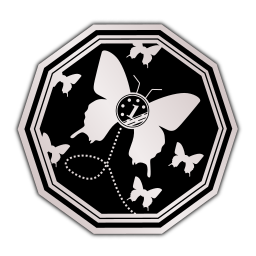
Ecology / Productivism

Ecology, in politics, favours the protection of the environment, limiting as much as possible the impact of human activities on biodiversity, even if it means limiting the said human activities in passing by modifying more or less radically the current way of life.
Productivism privileges human needs, notably by supporting increased production or the use of methods that have an uncertain impact on the environment.

Revolution / Reformism

Revolutionaries will tend to favour direct action, often on the margins of legality, to achieve their goals, to replace the current political organisation with a radically different one. This can be done through guerrilla warfare, or more generally through methods that fall outside the framework of acceptability set by political institutions...
The reformists will tend to favour legal action to achieve their ends, in order to reform the current political organisation little by little. This can be done through institutions, via elections, authorised demonstrations, petitions...

Additional features
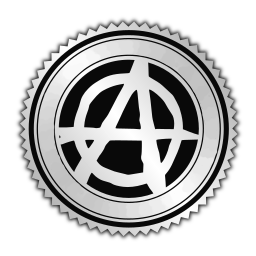
Anarchist : when the people are beaten with a stick, they are no happier if the stick is called a "people's stick". The state is an oppression that must be removed.
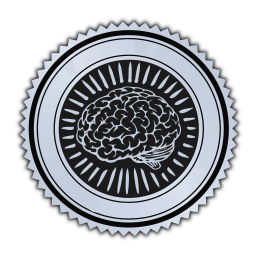
Pragmatist : politics is about objectively looking at where the problems are, and trying to solve them with the means available. Philosophy and ideologies in general are put aside in favour of management.
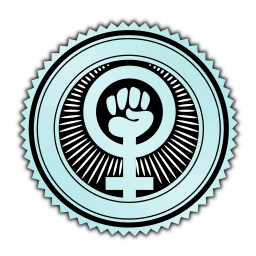
Radical feminist: gender must disappear to put patriarchy to death.

Complotist: the major problems in our society are the work of a small group of people. It is therefore essential to find them, inform the public of their objectives and neutralise them.

Veganist: humans must stop the consumption and exploitation of so-called "sentient" beings at all costs.

Monarchist: society should be organised around a king.

Missionary: For you, religion is important, especially yours. It should therefore be spread as widely as possible across the globe.

Secularism : Religion should have no place in the political system and in all other sectors, but everyone can have a belief.

Imperialist : all nations must be politically, economically and militarily dependent on my nation.

Resistance : When my country is in danger or needs me, I commit myself without hesitation.